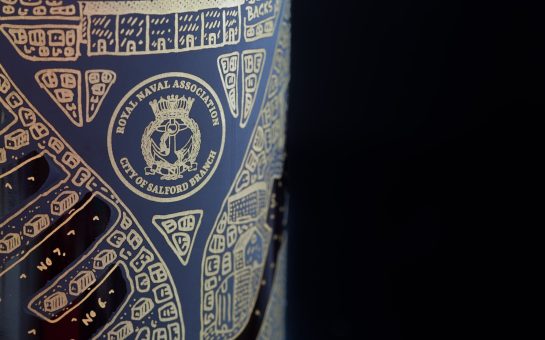Osteoarthritis sufferers could soon lead a less painful life after a Manchester University research team was handed a £260,000 boost to carry out a pioneering study on more effective treatment.
A team, led by Professor Ray Boot-Handford, have been given the cash by Arthritis Research UK to conduct a study which they hope will revolutionise the diagnosis and treatment of osteoarthritis.
The study will involve taking genetic samples from the cartilage of knee replacement patients and, using a new technique called RNAseq, gene activity and cell function will be analysed and then compared to healthy cartilage.
Professor Boot-Handford said: “From this we hope to be able to recognise certain genetic or chemical markers that would indicate if osteoarthritis is likely to develop.
“Unfortunately people don’t present with the disease until it’s too late, that is when it becomes painful and their joints are wearing out and at that point you can’t repair the damage.
“Recognising these markers and grouping them would allow us to act a lot sooner in terms of treatment and intervention if they are identified in future patients.”
The disease, which affects more than eight million people in the UK, occurs when the cartilage at the end of the bone wears down resulting in inhibited movement in the joint, pain and swelling.
The condition is known to affect different people in different ways and currently the treatment for sufferers is of a ‘one size fits all’ approach.
The team hope that through the advancements in genetic sequencing technology they can not only identify which patients are likely to develop the disease but also develop more specific treatment for each patient.
Prof Boot-Handford said: “Not everyone with osteoarthritis has exactly the same pattern of disease, and because not all people’s disease is the same it makes sense that not everyone would respond to the same treatment.
“Most research in recent times has approached osteoarthritis as one disease that will respond to one treatment, and as a result there has been little progress in developing new treatments.
“If we do see this grouping of markers then that will form the basis of beginning to understand the routes by which different people get osteoarthritis and the data necessary to start target specific treatment.
Picture courtesy of Larry Darling, with thanks.



